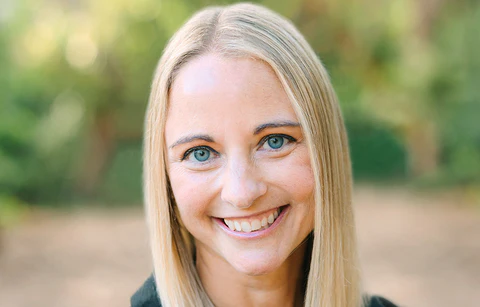By Lisa Pahl
“If my dad really loved me, why did he leave me such a mess when he died?”
As a hospice social worker, I accompany patients and their families through the dying process. I, along with colleagues, also provide thirteen months of bereavement aftercare support that is provided by hospices to the family members following a death.
The above statement came from a woman whose father died six months ago. She shared with me how frustrated she is that her father did not have a living will or trust. He hadn’t written down passwords anywhere and she couldn’t get into his phone or computer. She couldn’t locate the deed to the house or car.
In general, he had done nothing tangible to prepare for his death.
Unfortunately, like many, he came on to hospice just a couple of weeks before he died. At that time, he was sleeping most of the time, very weak, and unable to complete any arrangements or handle his affairs.
His daughter shared with me during this call that she had tried to get her dad to prepare for his death years ago. “He was in his eighties and hadn’t done anything!”
Like many people, her dad incorrectly assumed that since he rented his apartment and had minimal funds, he didn’t need to do any preparation. But, by doing no preparation, his daughter was now spending hours a day sorting through bills, talking to chatbots on the phone, locating paperwork in his chaotic house, and trying to get access to his accounts.
And, she was angry. Really angry.
Anger is common in grief. Most people experience anger at some point in their grief process. We’re angry that this person we love isn’t here anymore, angry that other people still have their person, angry that life is expected to keep going. There’s a lot of anger.
Yet, this anger felt a little heavier than most. There was a great deal of pain in her anger. She felt betrayed by her father for not thinking about what her life would be like as she grieved him and had to handle his affairs.
“He had always taken care of me. Always. I just don’t get why he stopped.”
Our relationship with death is hard. As a culture, we tend to avoid thinking about death. When the topic comes up, we often brush it aside, “let’s talk about something more pleasant,” is often muttered. We like to pretend that we are immortal and are so deeply surprised when we are faced with a reminder that we are not.
Her father was given a terminal cancer diagnosis two years before he died. He, like many, focused on treatment and a desire to “beat it.” He avoided any attempts by his daughter to discuss what might happen if he didn’t.
She was then left feeling that this action was personal. That by doing nothing, had chosen to make things hard for her. That he had known how this would all play out and was okay with that.
Grief is hard. Grief is messy. Grief is utterly painful and confusing.
I spend a great deal of time listening in my work with the bereaved. I don’t attempt to change people’s perspectives or tell them how to feel.
I didn’t try to convince the daughter that her dad wasn’t intentionally trying to hurt her. I didn’t explain to her that we are often so afraid of dying that it paralyzes us. When people are faced with a terminal diagnosis, they are processing and dealing with so much that it’s not surprising that preparation wasn’t done by her dad.

She eventually came to all of those conclusions on her own, with time, space and grief work. Yet, she did still carry the sadness that the father that had always taken care of her, had not taken care of her in the end.
Death preparation is something that we tend to put off. Unfortunately, it’s often emotionally harder the closer you are to death. My work with The Death Deck, a party game that encourages important and entertaining discussions about death, has helped End of Life professionals and those experiencing a loss openly talk about their grieving.
It’s best that we begin our death preparation when we are healthy and not experiencing a medical crisis or life-limiting illness. What you do to prepare for your death will greatly impact the grief process of those you love. It truly is a gift, a way to show you care, to be prepared.
For more information about Lisa, you can check out her website.
Support us by driving awareness!
Subscribe to our YouTube channel at YouTube.com/GrapGrief.
Follow us on Facebook at Facebook.com/GrapGrief and on Instagram at Instagram.com/GrapGrief.







